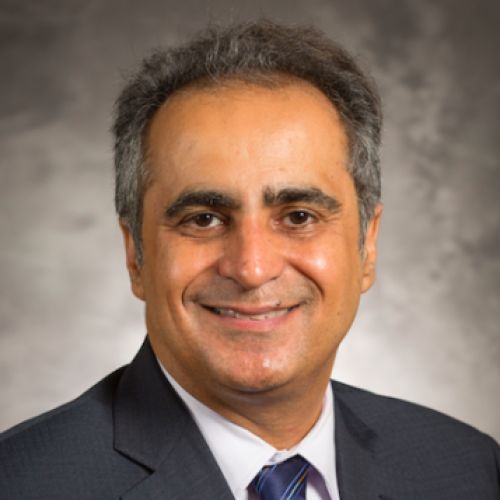Bayesian-based localization of wireless capsule endoscope using received signal strength.
In wireless body area sensor networking (WBASN) applications such as gastrointestinal (GI) tract monitoring using wireless video capsule endoscopy (WCE), the performance of out-of-body wireless link propagating through different body media (i.e. blood, fat, muscle and bone) is still under investigation. Most of the localization algorithms are vulnerable to the variations of path-loss coefficient resulting in unreliable location estimation. In this paper, we propose a novel robust probabilistic Bayesian-based approach using received-signal-strength (RSS) measurements that accounts for Rayleigh fading, variable path-loss exponent and uncertainty in location information received from the neighboring nodes and anchors. The results of this study showed that the localization root mean square error of our Bayesian-based method was 1.6 mm which was very close to the optimum Cramer-Rao lower bound (CRLB) and significantly smaller than that of other existing localization approaches (i.e. classical MDS (64.2mm), dwMDS (32.2mm), MLE (36.3mm) and POCS (2.3mm)).
Duke Scholars
Published In
DOI
EISSN
ISSN
Publication Date
Volume
Start / End Page
Related Subject Headings
- Wireless Technology
- Humans
- Capsule Endoscopy
- Bayes Theorem
- Algorithms
Citation
Published In
DOI
EISSN
ISSN
Publication Date
Volume
Start / End Page
Related Subject Headings
- Wireless Technology
- Humans
- Capsule Endoscopy
- Bayes Theorem
- Algorithms

